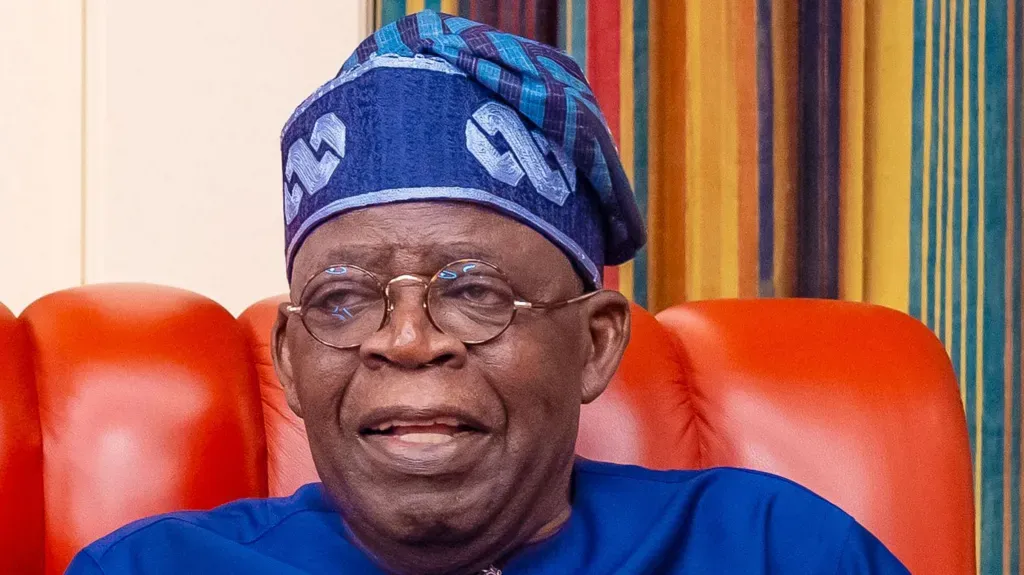Introduction
In the face of mounting economic challenges, Nigeria’s President Bola Tinubu has issued a stern warning against the planned nationwide protests set for next week. The President’s remarks have sparked controversy and debate, as organizers draw inspiration from recent protests in Kenya. This article delves into the President’s concerns, the historical context of Nigerian protests, and the broader implications for both the country and the continent.
President Tinubu’s Warning: A Plea for Stability
A Call to Youth
In a recent address, President Bola Tinubu urged Nigerian youth to refrain from participating in the upcoming protests, labeling them as the work of “sinister” individuals seeking to exploit the country’s economic difficulties. According to Tinubu, these protests are driven by people with ulterior motives aiming to destabilize the nation during a period of economic hardship.
The President’s comments were delivered on his behalf by George Akume, the Secretary to the Government, during a gathering of traditional leaders. Tinubu’s speech highlighted his concerns about the potential for unrest, drawing parallels to recent conflicts in other countries.
Lessons from Global Events
President Tinubu referenced India and Sudan as cautionary tales, emphasizing the risks of unrest and instability. He pointed out the severe consequences faced by these nations—religious clashes in India and a devastating civil war in Sudan—as examples of what Nigeria must avoid. With a population exceeding 200 million, Tinubu stressed that Nigeria cannot afford to succumb to similar crises.
The Economic Context
Nigeria’s economic landscape is indeed challenging. Many Nigerians are struggling with high inflation, rising costs of living, and limited access to essential services. The President’s warning comes against this backdrop of economic strife, adding weight to his appeal for restraint.
The Protest Movement: History and Current Dynamics
The Legacy of #EndSARS
Nigeria’s last significant mass protest occurred three years ago, when the #EndSARS movement took to the streets. This movement, driven by outrage over police brutality and extrajudicial killings, saw thousands of Nigerians demand the disbandment of the Special Anti-Robbery Squad (SARS). The protests achieved their goal but were met with a violent crackdown by security forces, resulting in numerous deaths and injuries.
The scars from the #EndSARS protests are still fresh in the collective memory of the nation. The violence and chaos that ensued have left a lingering impact on Nigerian society, contributing to the current apprehension surrounding new protests.
The Upcoming Protests
The planned protests scheduled for August 1st aim to address the high cost of living and the broader economic crisis. Organizers are reportedly inspired by recent protests in Kenya, where demonstrators successfully pressured President William Ruto to address tax increases and dismiss several cabinet members.
The Nigerian government’s response has been to accuse the protest organizers of having ulterior political motives. There are claims that supporters of defeated presidential candidate Peter Obi are behind the protests, using social media to rally support with hashtags like #TinubuMUSTGo and #EndBadGovernanceInNigeria.
The Political Landscape: Allegations and Responses
Government’s Accusations
The Nigerian government has accused the Labour Party and its leader, Peter Obi, of orchestrating the protests as part of a broader political agenda. Presidential adviser Bayo Onanuga has suggested that Obi and his supporters are responsible for inciting unrest, a claim that Obi’s Labour Party has vehemently denied.
Obi’s Labour Party has dismissed the allegations as unfounded and accused the government of trying to discredit legitimate dissent. The party asserts that while they are not organizing the protests, the right to protest is constitutionally protected and fundamental to democratic expression.
Opposition from Retailers
Adding another layer to the controversy, a group of small-scale retailers known as the Self Reliance for Physically Challenged Traders of Nigeria has expressed opposition to the planned protests. They cite fears of violence and disruption reminiscent of the #EndSARS protests, which left deep scars on Nigerian society.
Regional Perspectives: Comparisons with Uganda and Kenya
Uganda’s Concerns
Across the continent in Uganda, President Yoweri Museveni has voiced similar concerns about protests. Museveni has warned against “playing with fire” and accused demonstrators of undermining his government’s efforts to generate wealth for the country. Recent protests in Uganda have focused on issues of corruption, leading to arrests and heightened tensions.
Kenya’s Recent Unrest
In Kenya, ongoing protests have seen police use tear gas to disperse crowds in the capital, Nairobi. Demonstrators have been pushing for President William Ruto’s resignation and addressing corruption within the government. The situation in Kenya mirrors the broader trend of youth-led movements across Africa, seeking to challenge entrenched political structures and demand accountability.
The Path Forward: Navigating Economic Hardship and Political Discontent
Addressing Economic Challenges
For Nigeria to move forward, addressing the economic hardships faced by its citizens is crucial. The government must implement policies that alleviate the cost of living, improve access to essential services, and foster economic growth. Genuine dialogue between the government and protest organizers could help in addressing grievances and reducing tensions.
Promoting Peaceful Protest
Encouraging peaceful protest is essential for democratic expression. While the government has a responsibility to maintain order, it is equally important to respect citizens’ rights to voice their concerns. Ensuring that protests remain peaceful and constructive can help prevent violence and foster positive change.
Building Trust and Cooperation
Building trust between the government and its citizens is vital for long-term stability. Engaging in open dialogue, addressing legitimate concerns, and working towards inclusive solutions can help bridge the gap between political leaders and the public. Collaborative efforts are necessary to address both economic and political challenges.
Conclusion
The upcoming protests in Nigeria highlight a critical moment for the country, as it grapples with economic difficulties and political tensions. President Bola Tinubu’s warning reflects the high stakes involved, but it also underscores the need for a balanced approach that respects democratic rights while addressing legitimate concerns. As Nigeria navigates this complex landscape, finding common ground and fostering dialogue will be key to achieving stability and progress.


